TAX ON SPLIT INCOME (TOSI) – CRA COMMENTS ON EXCLUDED SHARES
Excerpt from Monthly Tax Update, Issue 443, July 2018
At the May 29, 2018 Society for Trust and Estate Practitioners Round Table, CRA issued preliminary responses on several questions related to the excluded shares exception from the TOSI. As individuals age 24 or over will be exempt from TOSI on income derived from excluded shares, there has been considerable interest in this exception since it first appeared in the draft legislation released on December 13, 2017. Excluded shares (defined in Subsection 120.4(1)(a) of the draft legislation) must meet the following criteria:
- Less than 90% of its business income for the immediately preceding taxation year (the current year if there is no preceding year) was from the provision of services and the corporation is not a professional corporation.
- The individual owns shares accounting for at least 10% of all votes and value in the corporation.
- All or substantially all income of the corporation comes from sources other than a related business in respect of the individual, other than a business of the corporation in which the shares are held.
Gross versus Net Income
CRA indicated that both the references to business income (paragraph (a), above) and income of the corporation (paragraph (c), above) refer to gross income.
“no need to allocate expenses between service and non-service operations”
Segregating Service Income
CRA indicated this will generally require determining income from services and from non-service aspects of the corporation’s business separately. CRA noted, however, that where non-service income is incidental to providing services, all of the income would be considered service income. CRA offered the example of an office cleaning service billing separately for cleaning supplies used in delivering the cleaning services.
“whether non-service income is incidental to providing the services”
Holding Companies
CRA indicated it would generally be impossible for shares of a holding company to qualify for the excluded shares exception. This is based on the expectation that a holding company’s income would be derived largely from one or more related businesses in respect of the shareholders. CRA noted that other exceptions could still apply to income from the holding company, for example where the related business itself was an excluded business or the income reflected a reasonable return to the shareholder.
“no excluded shares exception for holding companies”
Corporation with no Business Income
CRA was asked whether a corporation with no business income (for example, it has only property income) could meet the excluded shares test. CRA opined that such a corporation could not meet the excluded shares test. Paragraph (a), above, requires business income be less than 90% from the provision of services. With no income from services, and no business income, CRA indicated the business income from services would be 0/0, a “mathematically undefined” amount which would not meet the “less than 90%” requirement.
“only corporations with business income can qualify for the excluded shares test”

